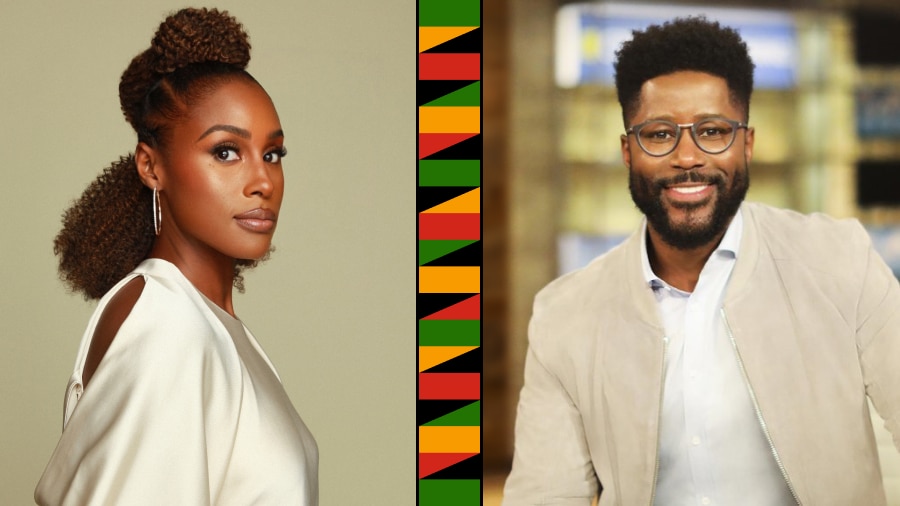When writer and actress Issa Rae created the award-winning web series The Misadventures of Awkward Black Girl in 2011, it was a true calling to walk the entrepreneur's path.
"There was just an overwhelming, almost suffocating, desire to tell a specific type of story," Rae said in a fireside chat with CBS Mornings host Nate Burleson. "For me, it came down to fatigue and frustration — 'Why isn't this storyteller doing this? Why isn't this writer telling this story?' — until it came down to the idea that I have to do it if I want to see it."
Rae decided to tell stories, one small step at a time, in pursuit of bigger ambitions like starring on the big screen and creating a television show. But betting on herself opened the door to self-doubt.
"Sometimes, these goals feel so out of reach. … Creating these little milestones and checking those off continually gave me the courage to know that I could do it," Rae said. "If I can achieve this step, then maybe I can do the next one. Breaking it down into bite-sized pieces was essential to building the courage and the bravery to go for the big thing."
In an open-hearted discussion on the first day of Black History Month, the pair of entrepreneurs shared candid stories from their experiences during the “QuickBooks + Mailchimp Fireside Chat: Issa Rae and Nate Burleson in a Conversation about Courage.” You can watch the full one-on-one by hitting play on the video below:

